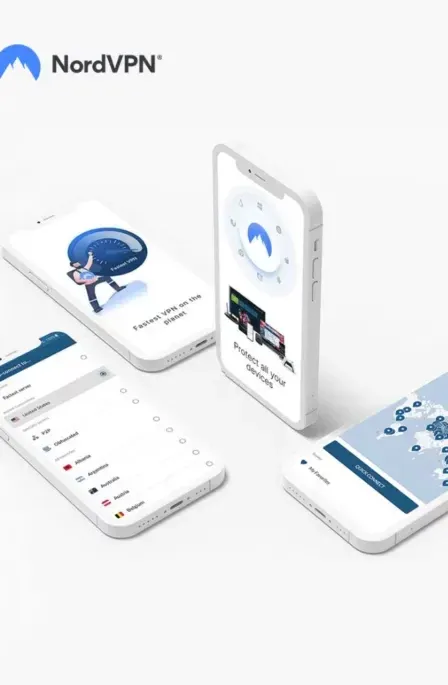SSL stands for Secure Sockets Layer and is the security standard when a web server and a web browser establish an encrypted link. SSL keeps communications private and secures and is out of the hands of unscrupulous-minded Internet thugs. VPN stands for virtual private network, providing a secure Internet connection by “tunneling” technology. Between SSL and VPN, users are more than assured that their connection to the Internet and that data transfer is safe and secure.
SSL provides data encryption and is used with online ordering and payment systems. Most browsers have SSL built into it, offering more flexibility and less administrative work for the user. Coupled with VPN benefits, it takes security to the next level. Running SSL with a VPN does not require any specialized software.
SSL uses public keys subject to encryption which requires two different types of keys, one of which is known to the first computer, and the other is a key sent to the second computer with which it will communicate. Once the data reaches the network’s end, it is no longer encrypted. That is where the VPN server takes over and keeps the data private and secure.
An SSL VPN is compatible with most standard web browsers and does not need special software to make the program work. Wireless connections can also be used with an SSL VPN system and are ideal when connecting to a Wi-Fi hotspot or an unsecured public network.
SSL VPN systems offer a secure and flexible option for telecommuters, travelers, and contractors to connect to an internal or private network. This is a great way to put efficiency into a task and produce more work timelily.


